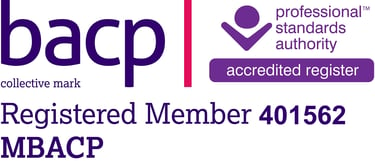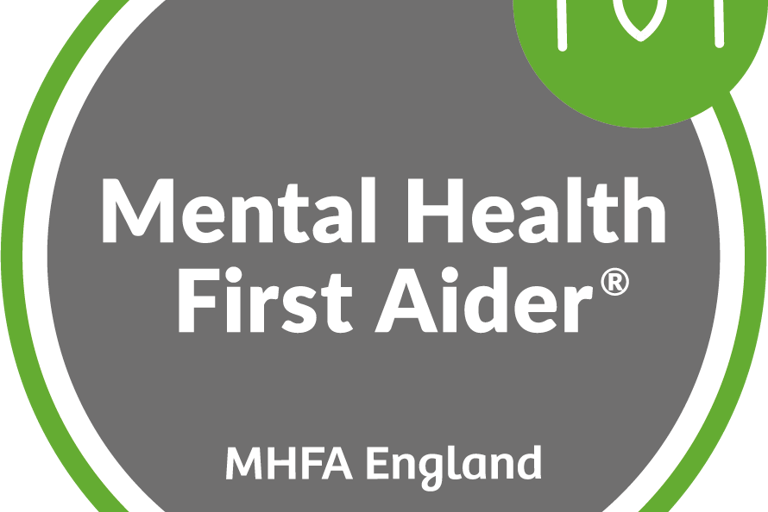The Importance of Healing Your Emotional Wounds
10/6/20241 min read


Understanding Emotional Wounds
Emotional wounds can linger far longer than physical ones, often influencing our daily interactions and relationships. It's crucial to understand that if you don’t heal what hurts you, you risk bleeding on people who didn’t hurt you. This means carrying unresolved pain into new relationships, unintentionally causing harm to those who care about you.
The Impact of Unresolved Pain
Unresolved emotional pain manifests in various ways, including trust issues, excessive sensitivity, and even anger. These reactions can complicate relationships because the people around you may not understand the root cause of your behaviour. By not addressing your wounds, you're more likely to project your pain onto others, leading to unintended consequences.
Steps to Begin Healing
The first step toward healing is acknowledging that you're in pain. This can be challenging, especially if you've been suppressing your feelings for a long time. Talk to someone you trust or seek professional help to guide you through the process. Therapy, meditation, and self-reflection are valuable tools for understanding your emotions and beginning your healing journey.
Benefits of Emotional Healing
When you start to heal, you'll notice a significant improvement in your relationships. You'll become more open and less defensive, creating a positive environment for those around you. Healing allows you to let go of past grudges and embrace a happier, more fulfilling life. Remember, healing is not just for you; it's for everyone who loves and interacts with you.
In conclusion, it's essential to prioritise emotional healing if you don't want your past wounds to affect your present relationships. By addressing what hurts you, you prevent bleeding on people who didn't hurt you, fostering healthier connections and a more positive outlook on life.






